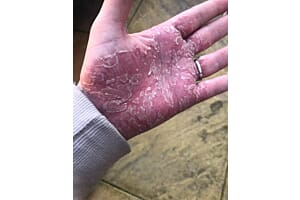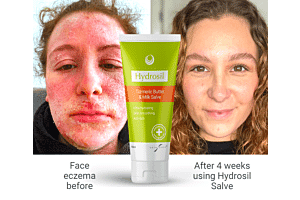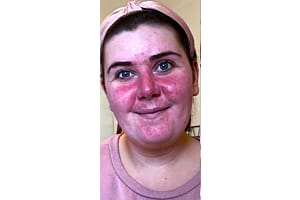- Acne treatments don’t work as well on women
- Acne makes adults depressed
Adults may be more self-conscious of their disease, and experience more social anxiety and isolation, as acne is still largely considered a disease that primarily affects teenagers.
- PCOS (Polycystic Ovary Syndrome) is a high-risk factor for acne
Approximately 25% of women with PCOS will have acne
- Scarring from acne is becoming more common
According to the Acne Academy, facial acne scarring now affects up to 20% of people with acne
- Acne is on the rise in adult women
According to the Journal of the American Academy of Dermatology, 54% of women over the age of 25 now have some form of adult acne. Even celebrities who have access to the best skincare available suffer from adult acne.
Ref’s
- Ref Goulden V, Stables G, Cunliffe W. ‘Prevalence of facial acne in adults’, J Am Acad Dermatol, 41(4) (1999), p. 577-580.
- Lowenstein E J. ‘Diagnosis and management of the dermatological manifestations of the polycystic ovary syndrome’
- Dermatol Ther, 19(4) (2006), p. 210-223.
- Ref: Collier CN, Harper JC, Cantrell WC, Wang W, Foster KW, Elewski BE, ‘The prevalence of acne in adults 20 years and older,’ J Am Acad Dermatol, 58 (2008) pp.56-9.







